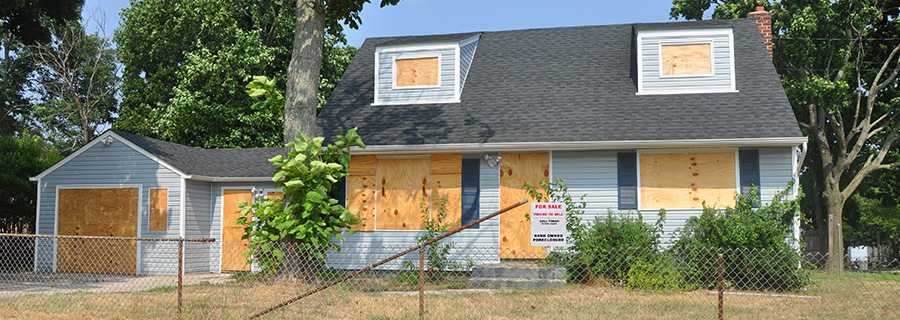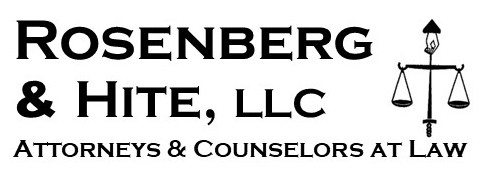Call immediately for a better chance to save your home from foreclosure
When you have received foreclosure proceedings and need legal assistance, please call our office and speak with an attorney today. Connecticut Foreclosure laws have recently changed and we can help you save your house if you contact us immediately.
Our attorneys will negotiate with your bank lender to try to save your house. We know the questions to ask and the options to seek. Because our attorneys have represented co-ops and banks in foreclosure proceedings, we know the way they think and the options available to help you under Connecticut law.
You have options available to you: *the information in this website and on this page is for informational purposes only.
Strip off Your Second Mortgage
In some circumstances, you can get rid of your second mortgage or your Home Equity Line of Credit (HELOC) by filing a Chapter 13 bankruptcy. This can also help you make smaller payments on the house in the future. This is one of the benefits of the new bankruptcy law that an experienced attorney can help you with.
Loan Modification
A loan modification seeks to avoid foreclosure in Connecticut by negotiating with the lender to modify the terms of your loan. This option makes sense in a situation where a homeowner has experienced a decline in income and can no longer afford the original loan but could afford the payments with a little adjustment. Examples of loan modifications include lowering the interest rate, extending the loan period, or adding the delinquent portion and fees back onto the principal of the loan to be repaid over time.

A Repayment plan
Sometimes, a repayment plan may be better suited to a homeowner with a short-term financial hardship but is now recovering. Although a homeowner is recovering, they may be a handful of months (and several thousand dollars) behind on their payments and need time to bring this amount current.
Once a Connecticut foreclosure has been initiated, a lender often will not accept any further payments less than the entire delinquent amount. A repayment plan requests that the lender stop the foreclosure process and structure a repayment schedule in a more lenient fashion to allow the recovering homeowner time to resume their loan and save their home.
Forbearance
Forbearance is an option whereby the bank or lender will stop proceeding with the foreclosure for a period of time. This is usually done in cooperation with other relief efforts. For example, a lender would issue a forbearance while the homeowner tried to sell their home to cure the debt by a short sale.
Short Sale
A “short sale” is an excellent solution for the homeowner who is “upside down” in their loan due to a decline in the real-estate market (in other words, they owe more on their home than the house is worth).
By doing a short sale, the homeowner asks the lender to discount their mortgage to a such a degree that it can be discharged by selling the home at or below market value. For example, if the homeowner owes $300,000 on their mortgage, but the home is only worth $250,000 due to current real estate conditions — the homeowner can request that the lender accept the $250,000 or $240,000 (less closing costs) to payoff the loan. Rosenberg, Miller, Hite and Morilla will also help the homeowner find an appropriate realtor or service able to market their home as a short sale (often with reduced commissions).
Deed in Lieu
In a “deed in lieu” workout, a homeowner surrenders their house to the lender in exchange for a discharge of their mortgage. The borrower also avoids the public notoriety of a foreclosure proceeding and may receive more generous terms than he/she would in a formal foreclosure.
Cash For Keys
Sometimes after a foreclosure or during a foreclosure proceeding, your attorneys may be able to negotiate a surrendering of the property to the bank in exchange for a discharge of any deficiency owed as well as even obtaining for you a nominal amount of money for moving expenses.
